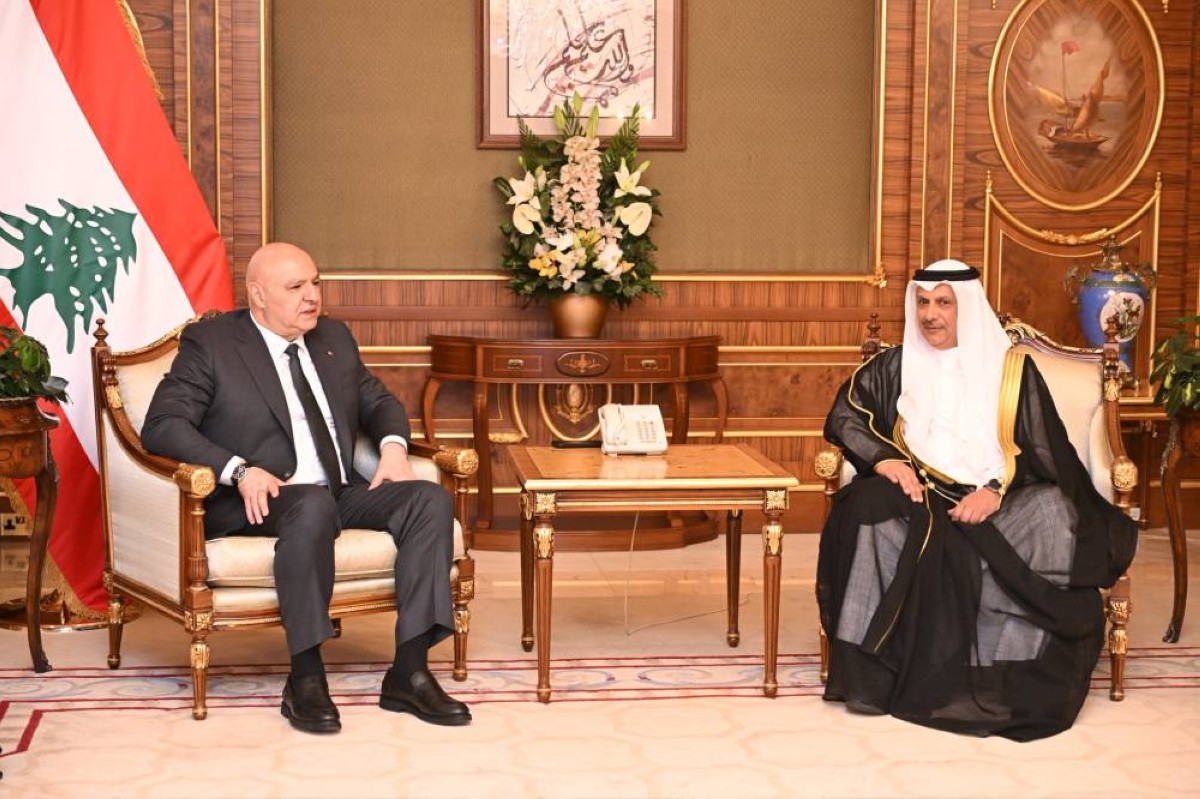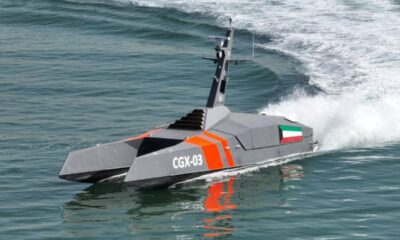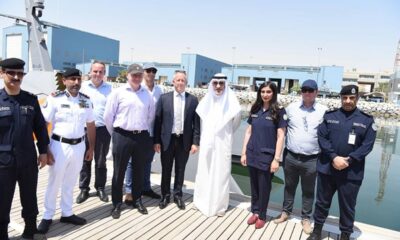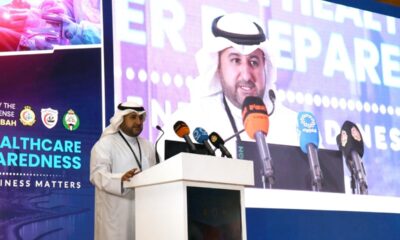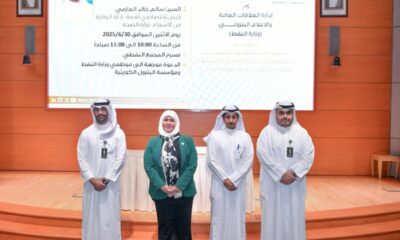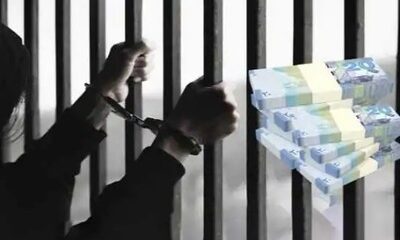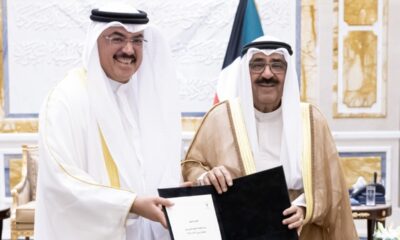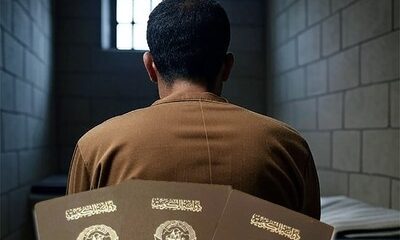KUWAIT: President Joseph Aoun said the Lebanese people did not seek conflicts and there was an understanding that weapons should solely be in the hands of the state.
“I have always repeated the word dialogue because I believe it is the only way to reach the objective, and I also reiterate that diplomacy is the way to restore our sovereignty,” Aoun said in an exclusive interview with KUNA. “There are some voices who want to end the weapons’ file quickly, and I think that we can accomplish this objective but without rush and through preserving domestic peace,” he said.
Asked about the internal disputes, Aoun said there were no major differences among the Lebanese people providing “we comply with the constitution along with dialogue and discussions over the sticky issues.”
Aoun said reforms in the country would contribute to improving the living conditions as well as the relations with other countries, especially Arab and Gulf nations.
“This is the objective of my visits abroad, to restore relations and rebuild trust with other countries by explaining the reforms, the reconstruction of the state and its institutions, passing reforms, deployment of the army and security forces nationwide and keeping weapons in the hands of the Lebanese state,” he said.
“These are gradual steps and I believe we have made many strides. It is a long path and there is no going back, and everyone will see the changes which need time, but they are in the right direction,” he added. “We need to join hands for the sake of Lebanon and its people in order to get the country out of the conflicts and restore functions of institutions that organize the state,” he said.
Aoun arrived in Kuwait yesterday and was received by His Highness the Amir Sheikh Meshal Al-Ahmad Al-Jaber Al-Sabah. This will be the first meeting with His Highness the Amir, said Aoun, to thank him for “Kuwait’s historic” role in realizing solutions during crises even since before the Taif agreement, which ended the civil war in Lebanon, citing the first “positive initiative” by Kuwait was in 1973.
Aoun said he and His Highness the Amir would be discussing ways of further boosting bilateral relations. “We have a common concern which is the internal unity in our countries.”
President Aoun had already visited Saudi Arabia, Qatar and the United Arab Emirates (UAE), and now Kuwait. “Ever since my election I was keen on returning Lebanon to the Arab fold and the return of Arabs to Lebanon, which began to materialize. I will also embark on an Arab tour to iron out outstanding issues. I would like to express gratitude for all Arab countries for honoring Lebanon’s demands.”
“Lebanon cannot be a base or a pathway for any harm to any Arab country. The role of Lebanon is to carry a message of peace and neutrality and be a place and a pathway for dialogue, tolerance and co-existence,” he said.
Asked about economic relations with the State of Kuwait, Aoun said the Arab Gulf country has been contributing to many development projects since the early 1960s. “The first loan for Kuwait for Beirut municipality was few months after the independence of the State of Kuwait all the way to the building or the silos at Beirut port,” he said.
Kuwait’s assistance continued, he noted, and included in the reconstruction efforts after the Israeli occupation’s aggression in 2006, rebuilding electricity, water and road infrastructures in southern Beirut and southern Lebanon, as well as schools.
Kuwait, he added, provided humanitarian assistance following the 2020 massive explosion of Beirut port. Kuwait Fund for Arab Economic Development (KFAED) expressed readiness to rebuild the silos. “I think Kuwait is ready to contribute to reconstruction of Lebanon as it has always been by its side,” he said.
Lebanon also needs foreign investments, but this required multiple reforms. “Investment needs reforms,” affirmed Aoun, citing a recent law that boost independence of the judiciary which would provide stability thus encourage investment.
“I think security and judiciary are important and coupled with economic and financial reforms in addition to the restructuring of the banking sector. It is a huge workshop, and we want it to succeed,” he said, and it was also one of the funding conditions of the International Monetary Fund (IMF).
Aoun spoke about the Arab Summit and the Arab Economic and Social Summit, due in Baghdad on May 17, and said Lebanon sought a united Arab positions regarding the Palestinian cause. President Aoun meanwhile called on Kuwaitis to come and invest in Kuwait. He said Lebanon and Kuwait enjoyed solid bonds, citing the first Lebanese citizen to visit Kuwait was in 1915 and the first Middle East airlines landed in Kuwait in the 1940s. – KUNA


